Yarlung Zangbo Grand Canyon
The Yarlung Zangbo Grand Canyon is the deepest canyon on earth. According to the data released by the State Bureau of Surveying and Mapping, the Grand Canyon starts from the village of Daduka (3,000 meters above sea level) in Pailong County in the north, turns the Yarlung Zangbo River and goes south to the village of Baxika (115 meters above sea level, near Assam State, India) in the south of Tibet.
The 504.6 kilometers long, the deepest 6009 meters, the average depth of 2268 meters, is the world's largest canyon beyond doubt. It is much larger than the second largest Canyon in the world, the Grand Canyon in the United States (2133 meters deep, 370 kilometers long) and the Colca Canyon in Peru (3203 meters deep, 90 kilometers long).
There are four rare waterfalls on the canyon bed in the unmanned reach of the Grand Canyon, some of which fall between 30 and 50 meters. The canyon has nine vertical natural zones, ranging from alpine ice and snow zones to low valley rainforests, and brings together a wide range of biological resources, including 2/3 of the known higher plant species on the Qinghai-Tibet Plateau, 1/2 of the known mammals, 4/5 of the known insects, and 3/5 of the known large fungi in China.
It splits the mountain barrier of water vapor exchange between the Qinghai-Tibet Plateau and the Indian Ocean, and continuously transports water vapor to the interior of the plateau, thus making the southeastern part of the Qinghai-Tibet Plateau a green world, and some places a southern part of the Yangtze River in Tibet.
Yarlung Zangbo River turning: the general guide Jiafeng (Nanga peak) around the big turning of Nanga (in Linzhi County Pailong Township), the broad sense that the Yajiang River turning a lot of big, in Motuo County, there are about 12 kilometers of fruit pond turning and so on.
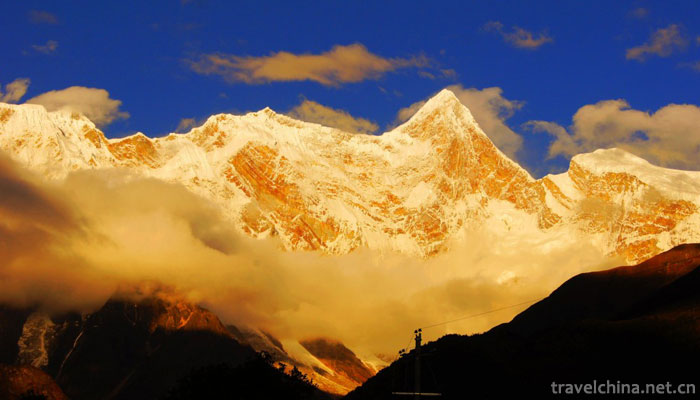
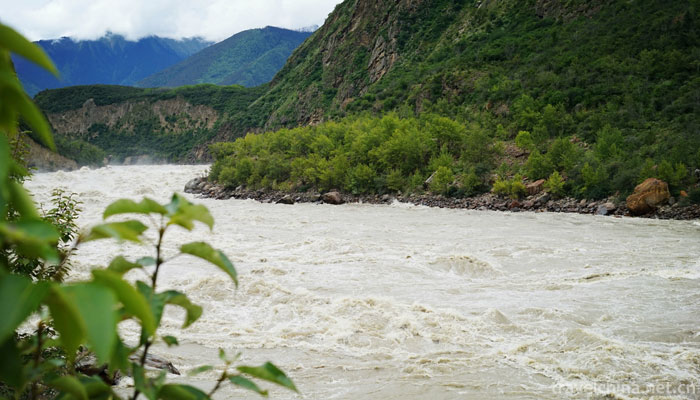
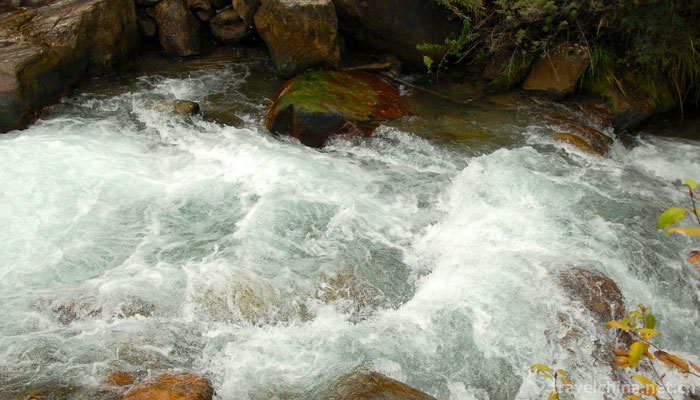
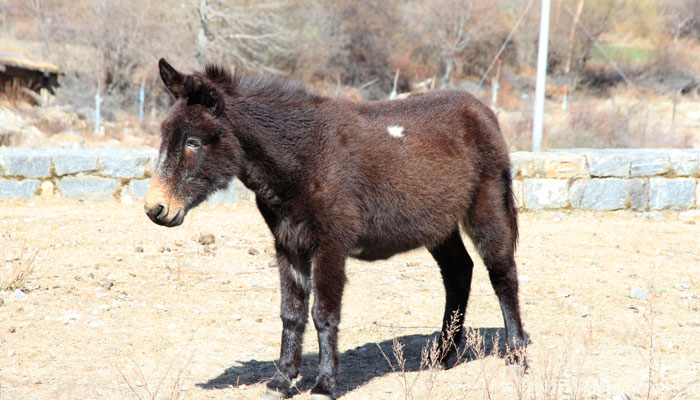
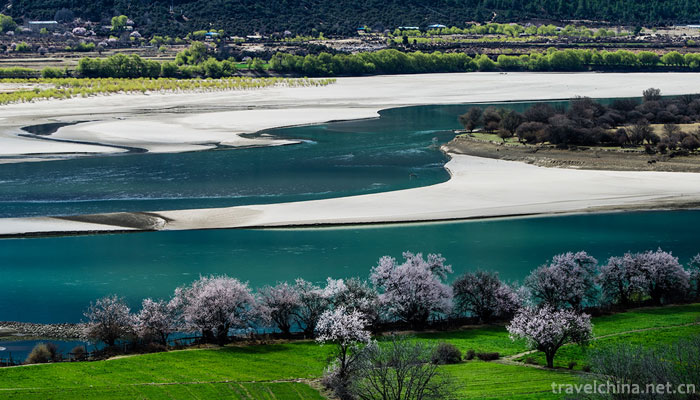

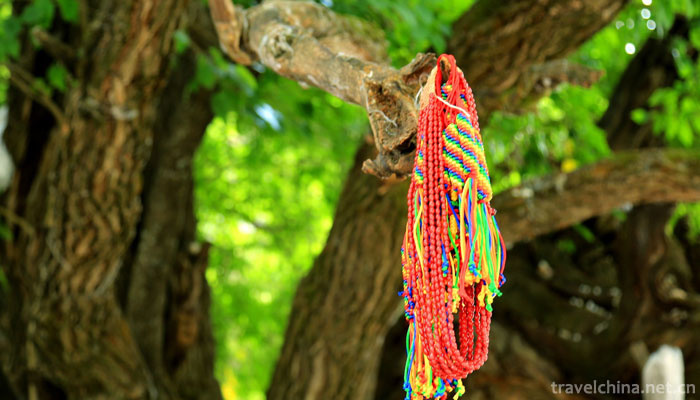
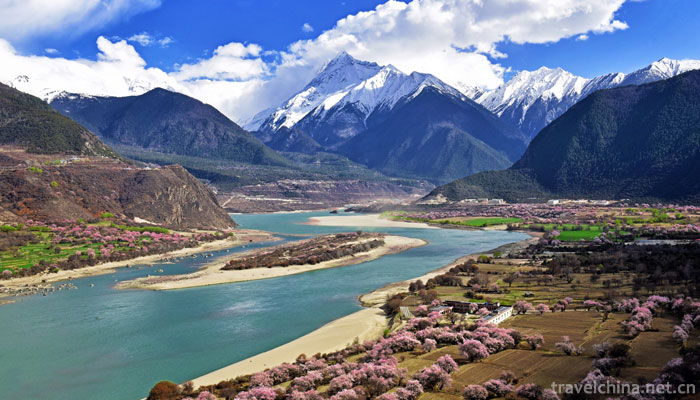
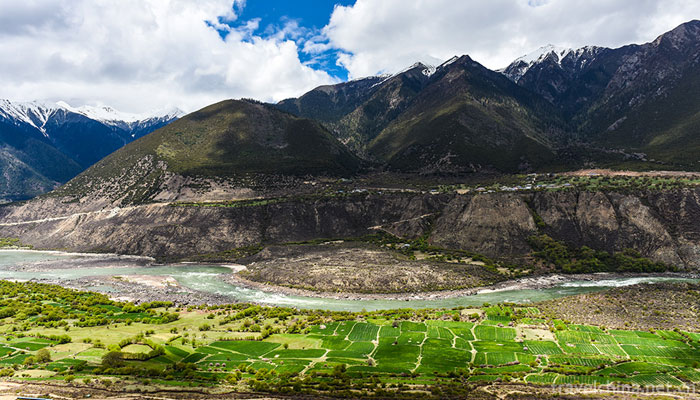
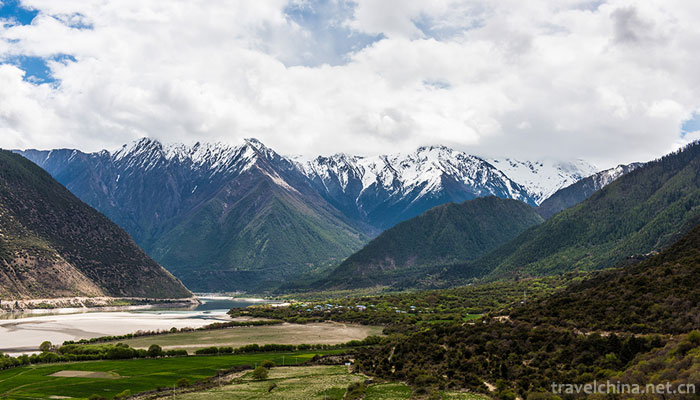

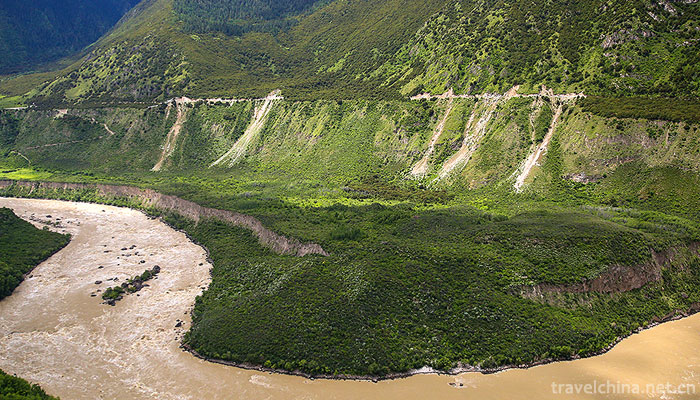
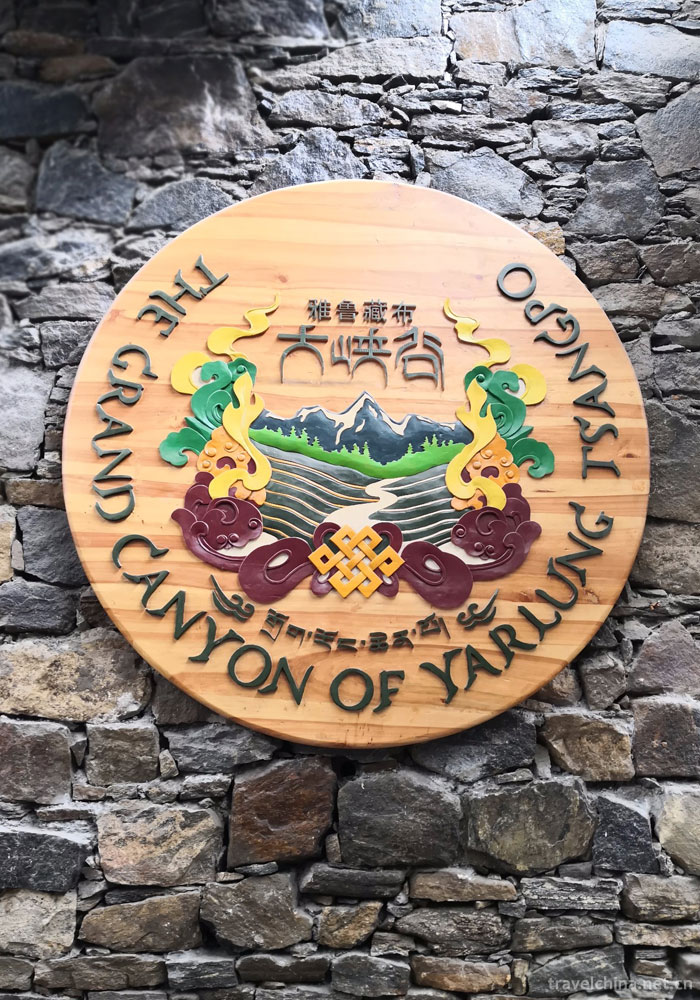
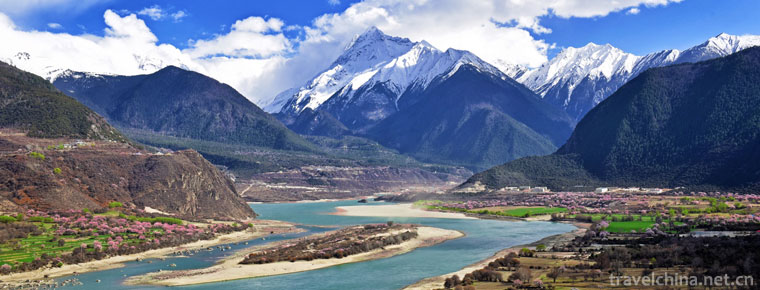
-
1.Ching Bo Leung
The word "cool" in Hainan dialect can be pronounced as "Yin Shang Sheng", which is homonymous with the two words used as weight unit. It is the soup of old fire for clearing heat a
Time 2018-11-05 -
2.Legend of Cao Xueqin
The legend of Cao Xueqin refers to the story that the common people in the place where Cao Xueqin lived in his later years respected him and processed his deeds into a story.
Time 2019-04-15 -
3.Guangchang Meng Opera
Guangchang Mengxi Opera, a traditional local drama popular in Guangchang County, Jiangxi Province, is one of the national intangible cultural heritage.
Time 2019-05-01 -
4.Comic Opera Funny opera
Funny opera is one of the local dramas in Shanghai. It is now mainly popular in Shanghai and its surrounding Wu dialect areas.
Time 2019-05-04 -
5.Glass Firing Techniques
Glass firing technology, Beijing Mentougou District, Shanxi Province, local traditional handicraft, one of the national intangible cultural heritage.
Time 2019-05-14 -
6.Luo Juan Opera
Luojuan opera, commonly known as trumpet opera, is one of the local operas and one of the national intangible cultural heritages spread in Runan County of Henan Province and Dengzhou City of Henan Pro
Time 2019-05-15 -
7.Xibo Folk Songs
Xibo folk song is an important kind of traditional music culture of Xibo nationality, which is widely spread among the Xibo people in Chabchal Xibo Autonomous County and Xinjiang. Folk songs are an im
Time 2019-07-01 -
8.Linear cavity
Line-tune opera, also known as Line-score opera, is an ancient traditional opera in Shanxi Province. It first appeared in the Han and Tang Dynasties, and developed greatly. It flourished in the Song D
Time 2019-07-03 -
9.Legend of Yongding River
Yongding River legend is one of the local folklores in Beijing. Among many legends, the legend of river blocking is representative; the legend of Shijing Mountain and Shijing Mountain; the legend of b
Time 2019-07-14 -
10.Cao Mao
Cao Mao (241 November 15th - 260 June 2nd) Zi Yan, Pei County, Yuzhou City. Anhui Province Bozhou City People, the Three Kingdoms period the Wei state of the Three-Kingdoms Period The fourth emperors
Time 2019-09-15 -
11.Langmu Temple
Langmusi town is a small town under the jurisdiction of Luqu County, Gannan Tibetan Autonomous Prefecture, Gansu Province, and Ruoergai County, Aba Tibetan and Qiang Autonomous Prefecture
Time 2020-11-07 -
12.Mineral resources in Suining
The mineral resources with more reserves in Suining City mainly include oil, natural gas, well salt, placer gold, limestone, etc., especially natural gas and brine resources. Suining has developed and utilized 7 kinds of mineral resources, including shale mine
Time 2020-12-16